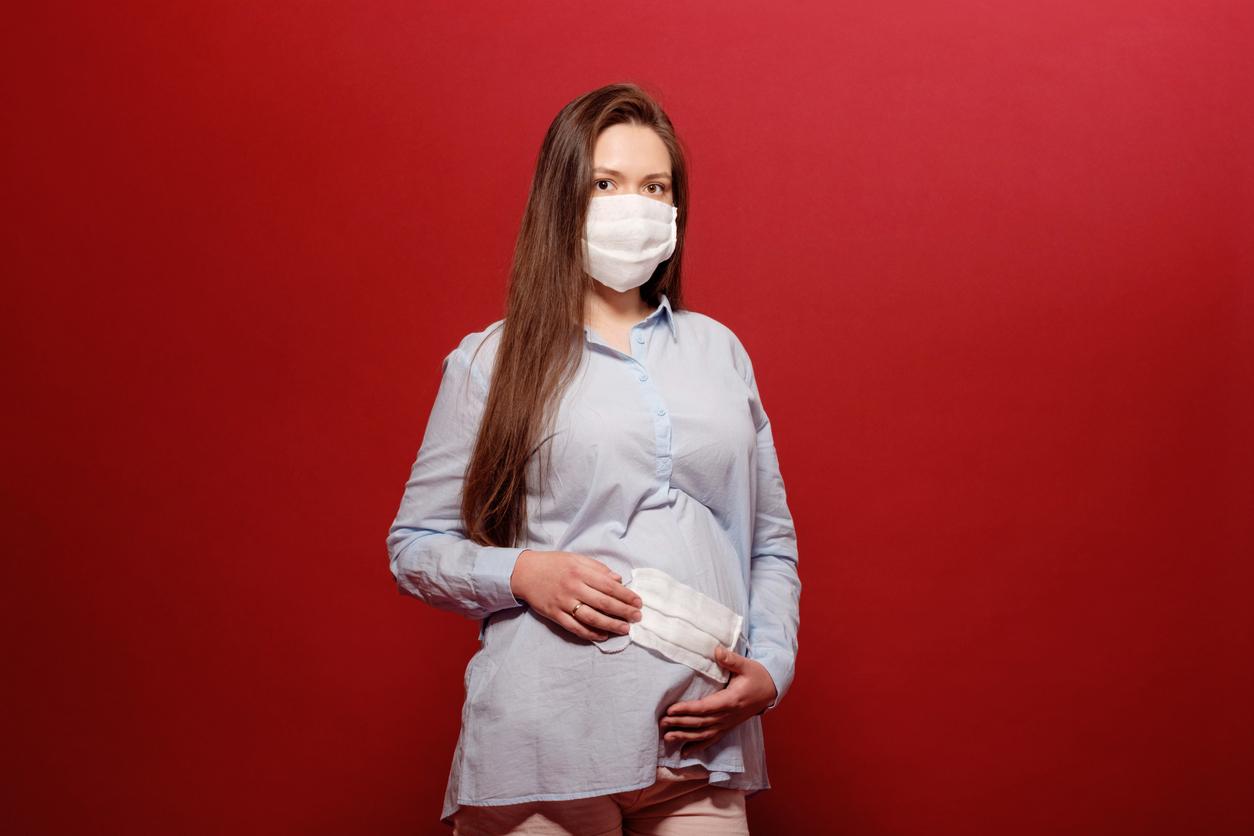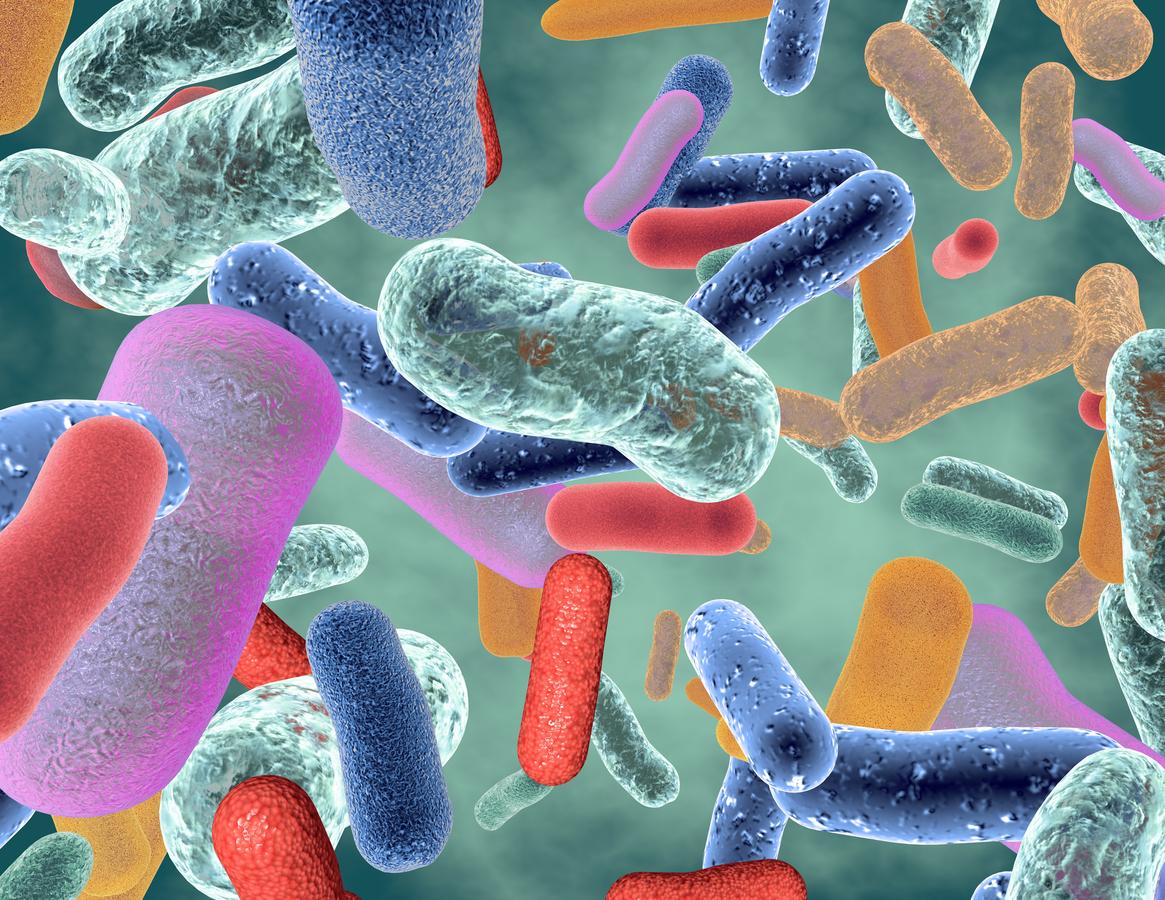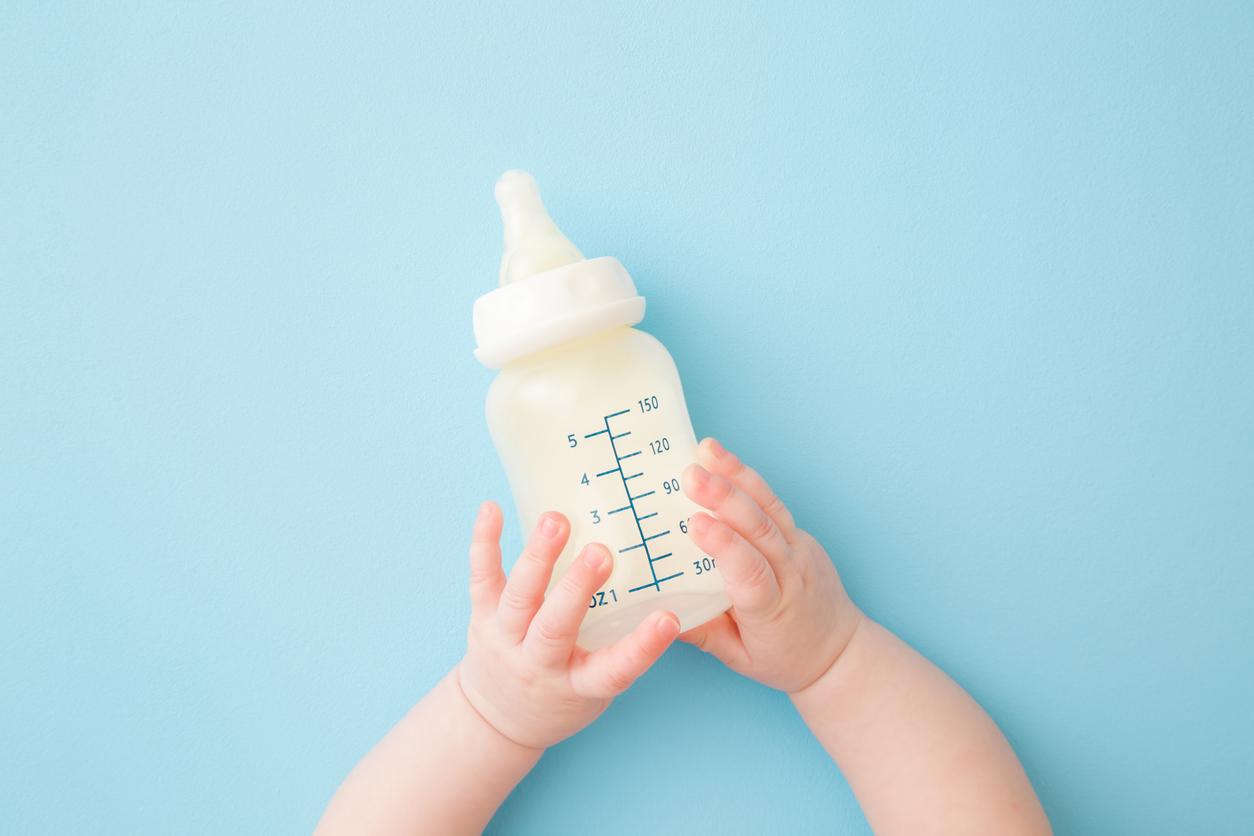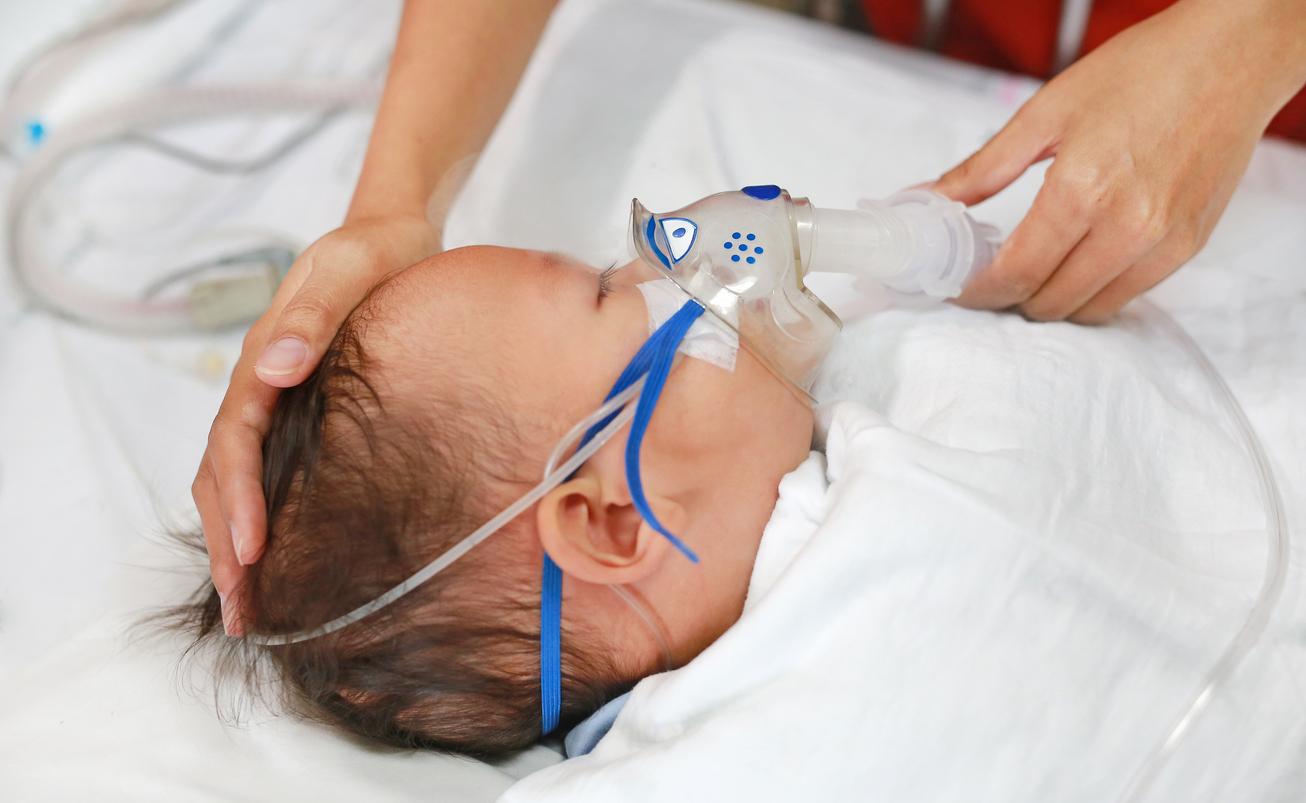Weill Cornell Medicine researchers have discovered that unique bacteria, abundant in the gut of newborns, promote the production of a neurotransmitter necessary for the development of the immune system and the prevention of food allergies
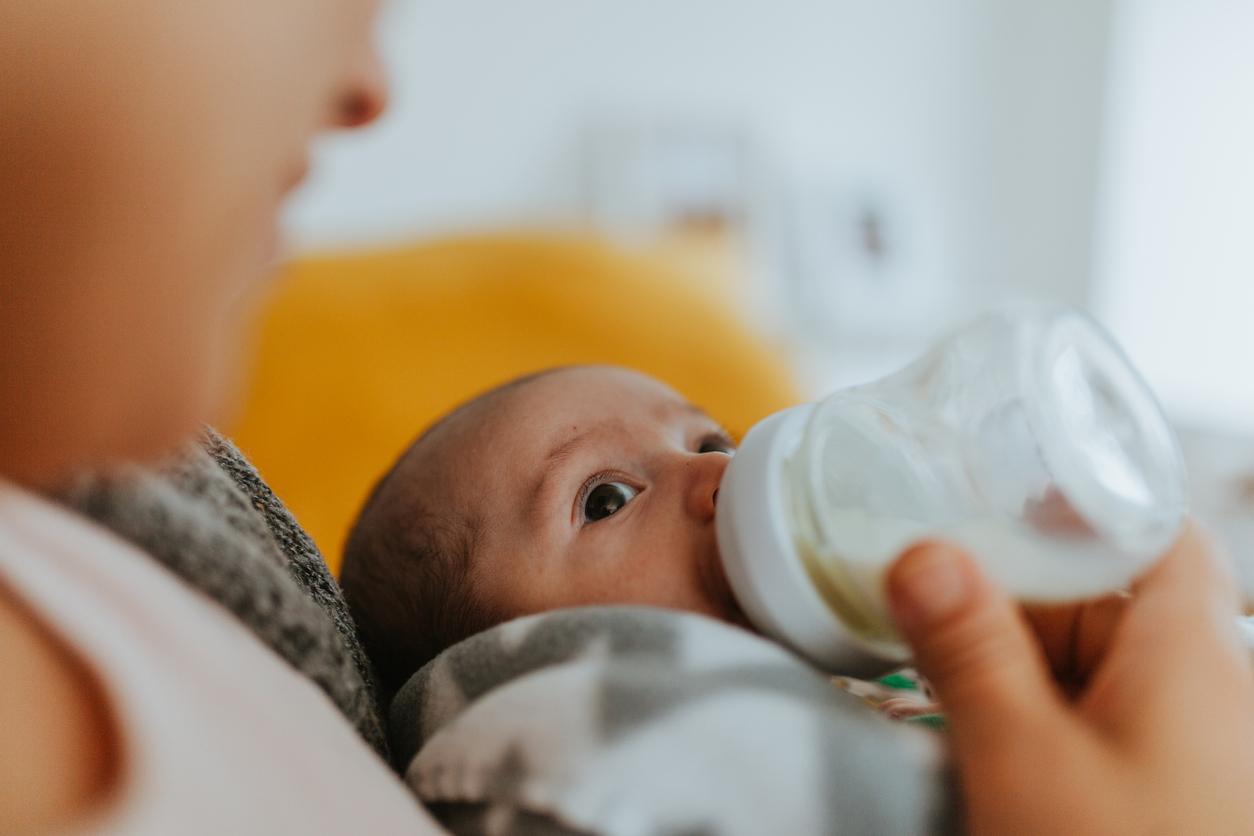
- The study reveals that unique bacteria colonize the gut shortly after birth and make serotonin to form babies’ gut immune cells.
- This would prevent allergic reactions to foods and to the intestinal bacteria themselves during the first weeks of life.
- Additional research will be conducted on the microbiota of human babies.
“The gut is now known as the second human brain, as it produces more than 90% of the human body’s neurotransmitters”, says Dr. Melody Zeng, lead author of new research from Weill Cornell Medicine. Noting that the vast majority of work on intestinal neurotransmitters focused on adult animals or humans, she wanted to look at the microbiota of infants.
By studying newborn mice, she noticed that they had much higher levels of neurotransmitters, including serotonin, in their gut compared to adults.
Gut microbiota: higher levels of serotonin in newborns
The study, published in the journal Science Immunology on March 15, shows that abundant bacteria in the intestines of newborns produce serotonin. This promotes the development of immune cells, called T-regulatory or “Treg” cells. These prevent the immune system from overreacting and attacking intestinal bacteria or food antigens; which reduces the risk of reactions to beneficial gut microbes or food allergies.
By collecting samples from a human infant stool biobank, the team was able to confirm that the same neurotransmitters were present in the babies when they were born.
“We found that gut bacteria in young mice not only directly produce serotonin, but also decrease an enzyme called monoamine oxidase that normally breaks down serotonin, thereby keeping gut serotonin levels high.”adds Dr. Katherine Sanidad who also worked on the study.

Food allergy: better understanding babies’ microbiota to reduce the risk
For the researchers, their work reveals the importance of having the right types of beneficial bacteria soon after birth. They also raise the issue of babies in developed countries who have greater access to antibiotics and processed products. However, these elements can impact the abundance of serotonin-producing bacteria in their intestine. “As a result, these infants may have fewer Tregs and develop immune reactions against their own gut bacteria or food allergies. This may be one reason why food allergies have become increasingly common in children, especially in developed countries”scientists estimate. “If trained properly, babies’ immune systems would recognize that things like peanuts and eggs are OK and wouldn’t need to attack them.”adds Dr Zeng in a press release.
In future research, the team plans to examine the bacteria present in stool samples from human babies. The goal will be to measure levels of serotonin as well as other neurotransmitters that may help the immune system prevent future illnesses like allergies, infections and cancer.









